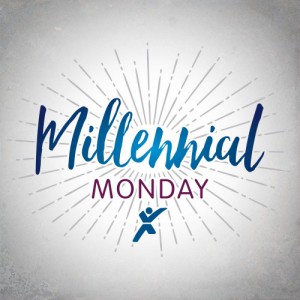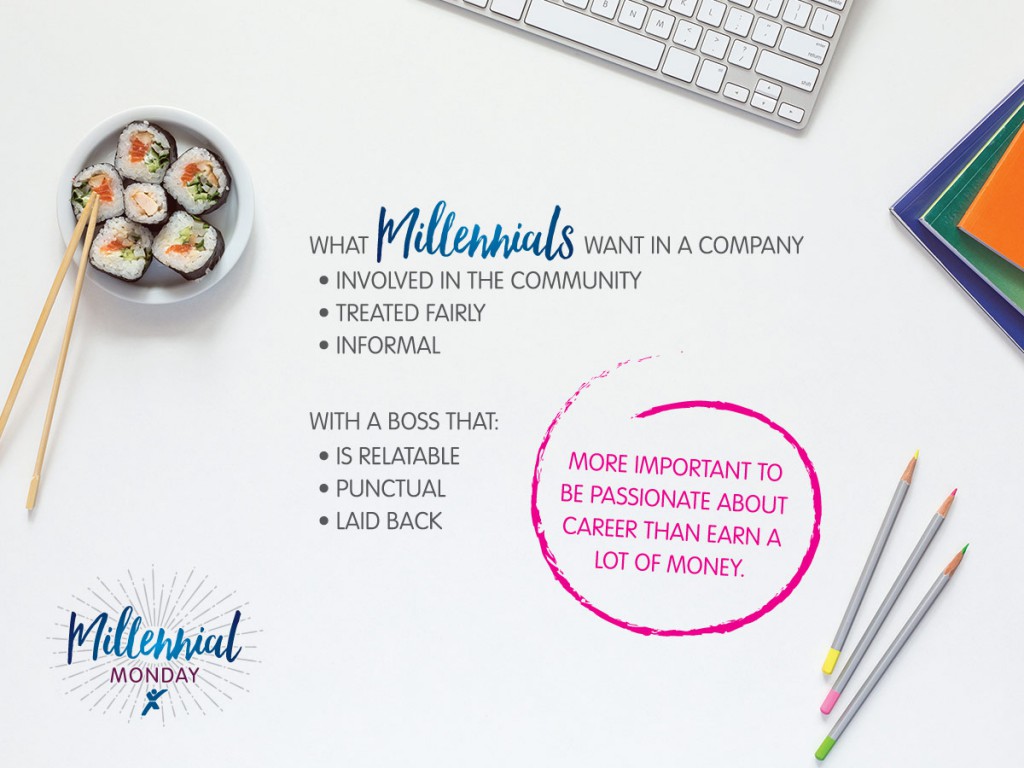Or will you only end up hurt in the end?
In a given year, many adults spend more time with their coworkers than with their friends or family. That lack of socialization can make it tempting to turn your coworkers into friends. A day spent talking about new projects and meetings can turn into a social outing after work; you can be productive and get your social fix at the same time.
But is it really the right choice to turn your coworkers into friends? Honestly, it depends on who you want to be friends with, where you work, and a ton of other factors. Before trying to start up a workplace friendship, ask yourself these questions.
What’s at Stake?
First, let’s define what we mean by “workplace friendship.” We’re not talking about the cubicle buddy you make fun of the dress code with, or that guy in accounting that told a great joke before the 8 a.m. meeting. A “workplace friendship,” as we define it, is a relationship that combines your personal life with your work life. Meaning that you meet up after work for meals or go to events together.
There can be plenty of benefits to having a close friend at your place of work. They can inform you of project progress in a different department, chat with you about your strengths and weaknesses, or help you figure out how to tackle a particularly difficult work problem.
However, whenever there’s a large group of people, cliques are certain to form. Whether it’s the playground, high school lunchroom, or the nearest breakroom, it’s hard for people to be friends with everyone. And cliques result in people feeling left out, feelings they might act on by gossiping about you or just being difficult to work with.
When you begin a workplace friendship, that means opening yourself up to the possibility of that friendship failing and still having to work with that person. Maybe you complained about a coworker when you were friends but then got promoted, causing jealousy and frustration. They tell that coworker you said something negative way back when and suddenly you’re the office tyrant.
Are They Your Boss?
How good are you at setting boundaries? Some people are able to separate work and personal issues to such an extent that talking to them about deadlines is like dealing with a completely different person than the one you planned an upcoming get-together with.
If you can’t be that person, it’s probably not a good idea to pursue a friendship with your boss. That opens you up to a whole world of criticism. If it goes well, you have to deal with other employees thinking you get special treatment. If it turns out you aren’t actually that big a fan of your boss outside of work and no longer want to spend time with them, you’ll be in the awkward position of feeling like you have to meet with them after hours to keep your job. And you’re not being paid to be anyone’s friend.
As noted by Monster, Dr. Jan Yager, author of “Friendshifts: The Power of Friendship and How It Shapes Our Lives,” said “Same-level friendships are the easiest to maintain. Problems can arise if one friend has to supervise or evaluate the other.”
But what about when your friend gets promoted and is now your boss? The key is to set boundaries. Gone are the days when you could make fun of upcoming training classes or analyze a recent managerial decisions together. If you value the relationship, keep overly personal conversations to after hours and weekends.
Do They Want to be Friends with You?
The Week is pretty clear on where they stand on this issue in their article, given that the title is Your Coworkers are Not Your Friends. And to be honest, they’re right. This quote best sums up what they’re trying to say:
“That is not to suggest we cannot or should not make friends on the job. But it is to say most of our coworkers will only ever be coworkers (take a moment to think about how many of your friendships with former colleagues have any meaningful existence outside of Facebook), and inside the office, they should be treated accordingly.”
Nobody in the workplace is there to make friends. At the end of the day, most of us are here to make a paycheck. Liking your coworkers gives you more of a reason to come in every day (and those that like their coworkers enjoy their jobs to a much higher degree), but it’s not the base reason you work.
What that means is you shouldn’t assume your coworkers want to be your friend just because you do. If they do, great! But if they don’t seem comfortable with high-fives or keep rejecting your invitations to get dinner or hang out on the weekends, don’t take it personally. Although being friendly is often a must to thrive in the workplace, being friends is not. People are free to have their own interests and spend their personal time on their own terms.
Do you have any experiences with friendships gone wrong (or right) in the workplace? Let us know in the comments below!







